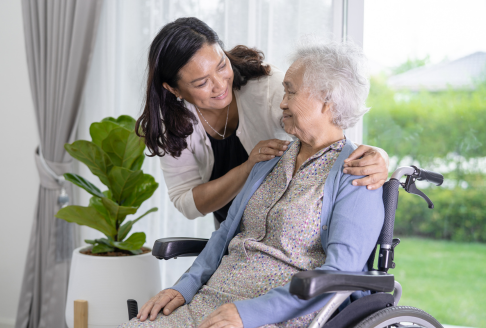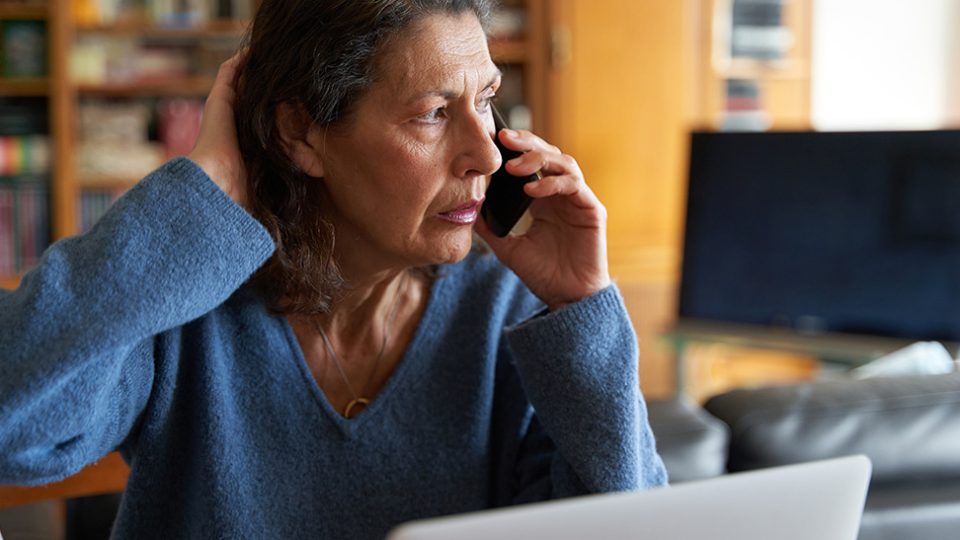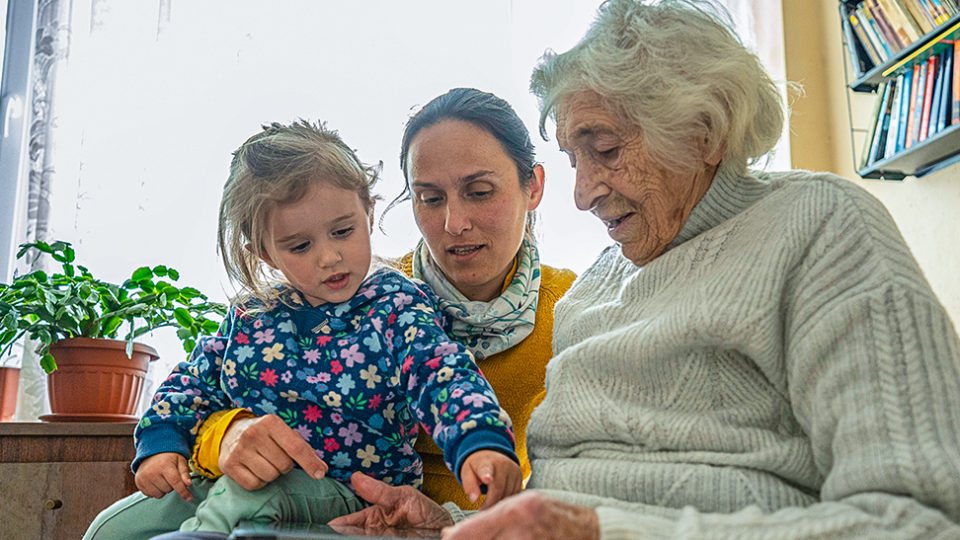How to access residential aged care in Australia – a step by step guide for seniors and their families
- 08 Nov 2023

If you are an older Australian who needs more care and support than you can get at home, you might be considering moving into a residential aged care community, like those offered at Baptcare. Residential aged care communities provide accommodation and personal care 24 hours a day, along with access to nursing and general health care services. The Australian Government subsidises residential aged care to make it more affordable and accessible for eligible people.
In this article, we explain the steps involved in accessing residential aged care in Australia and provide some useful web resources to guide you along the way.
Step 1: Learn about different types of care
The first step is to learn about the different types of care that are funded by the Australian Government. There are two main types of residential aged care: permanent and respite. Permanent residential aged care is for people who need ongoing care and support. Respite residential aged care is for people who need short-term or temporary care, for example, to give their carer a break. You can also choose between different levels of care, depending on your needs and preferences Read more about residential aged care communities here.
Step 2: Get assessed for aged care services
The second step is to get assessed for aged care services by an Aged Care Assessment Team (ACAT). An ACAT is a group of health professionals who will visit you at home or in hospital and ask you some questions about your health, lifestyle and support needs. They will also discuss your options and preferences with you, your family or carer. Based on this assessment, the ACAT will approve you for the type and level of care that best suits your needs. The ACAT team can make approvals for both respite care (which provides temporary relief for a primary carer) and / or permanent care. You can apply for an ACAT assessment online or by calling 1800 200 422. You can find out more about the assessment process here.
Step 3: Find a provider in your area that suits your needs
The third step is to find a provider in your area that suits your needs and preferences. A provider is an organisation that runs one or more residential aged care homes. You can search for providers and compare their services, fees, quality ratings and vacancies here. You can also contact providers directly to arrange a visit, ask questions and request a copy of their accommodation agreement. This is a legal document that outlines the terms and condition of living in their home, including your rights and responsibilities, the services they will provide and the fees they will charge. You can read more about Baptcare’s residential aged care services here.
Step 4: Manage your services
The fourth step is to manage your services once you have moved into a residential aged care community. This includes:
- keeping track of your fees
- reviewing your care plan
- making changes to your services if your needs change
- providing feedback or making complaints if you are not happy with the quality of care or service you receive.
You can also access additional support and information from a variety of sources, for example, advocates, volunteers, peak bodies and government agencies. You can find out more about how to manage your services here.
While this article provides a high-level overview of how to access residential aged care in Australia, we understand that you may have more questions about the process. You may want to access the Australian Government’s My Aged Care website, for more information or call 1800 200 422.
You are also welcome to speak to one of our friendly consultants at Baptcare for more information about our residential aged care communities – call us today on 13 22 78 or click here to book a tour.
Community news
-

Tips for dealing with life in the sandwich generation
This is part two in our blog series on the sandwich generation. Here are some tips for dealing with the carer’s squeeze experienced by a growing number of Australians, particularly women. Key points: Summary of challenges facing the sandwich generation Tips for dealing with the challenges System reforms needed
- 11 Jul 2025
-

Meet Suraj | Hospitality Manager Residential Aged Care
What makes a residential aged care community truly feel like home? It’s the perfect blend of a warm, inviting atmosphere, devoted and compassionate staff, and thoughtfully crafted meals that foster an undeniable sense of belonging. Today we meet Suraj Ligade, Baptcare’s Hospitality Manager, to explore how his passion for care and culinary excellence nourishes both the bodies and spirits of our treasured aged care residents.
- 10 Jul 2025
-

The sandwich generation phenomenon unpacked
Welcome to the first of two blogs on the theme of the sandwich generation in Australia. In this one, we’ll cover the definition of the sandwich generation, the different types of caring that fall within it and some of the issues those in the sandwich generation face. The second blog will cover tips for dealing with life in the sandwich generation
- 02 Jul 2025
